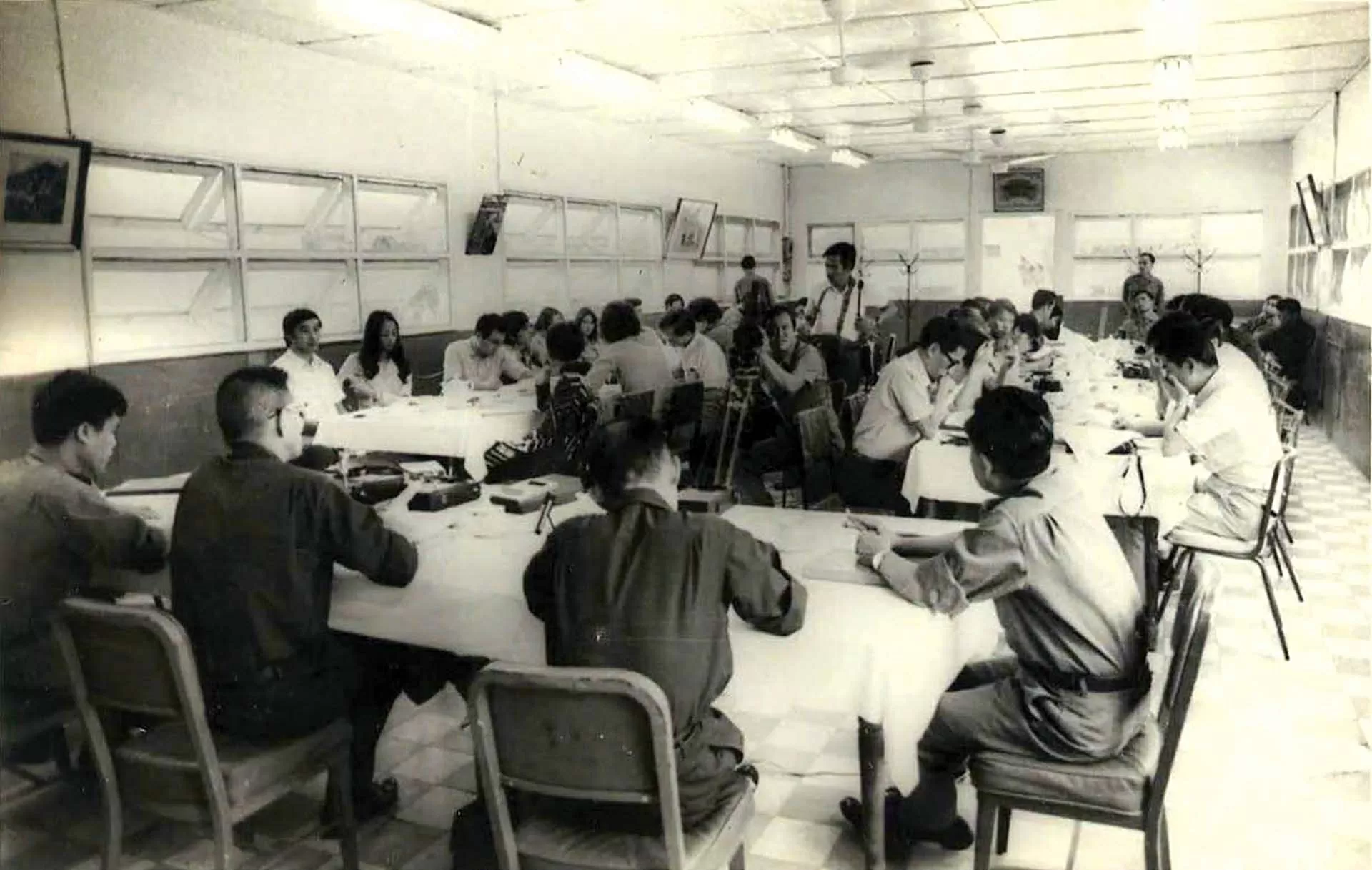 |
| Press conference at Camp Davis, April 23, 1974. (TGCC Photo) |
They were soldiers who had experienced the struggle against French colonialism and American imperialism, from the cities seething under the waves of fierce repression by the enemy to the fierce battles on the battlefield, amidst the acrid smell of smoke and gunpowder. Many of them were brave soldiers who fought against the Americans, shot down planes, and destroyed enemy vehicles...
Voice of conscience
After the Tet Offensive in 1968, the US was forced to find a way to “withdraw with honor” and move towards negotiations with us – a clear strategic step back. In May 1968, the Paris Conference on Vietnam officially began with two sides: the Democratic Republic of Vietnam and the US.
Paris became an important front for the ideological and press struggle. With its position as an international media center, all developments at the conference quickly spread globally. This was also a favorable location for us thanks to historical relations and strong support from progressive forces, especially the French Communist Party and the Association of Vietnamese Patriots.
The two words “Vietnam” resounded proudly in the heart of Europe, becoming “the voice of conscience and the heart of the times”. Here, propaganda and public opinion mobilization work contributed to awakening millions of peace- loving people, stirring up a wave of opposition to the war, condemning the US invasion and demanding an end to intervention in Vietnam. On this front, our press activities and public opinion struggles have been extremely effective.
The tenacious, creative, and resourceful fighters on this front include comrades Le Duc Tho, Xuan Thuy, Nguyen Thi Binh, Nguyen Van Hieu, Vo Dong Giang, Nguyen Thanh Le, Nguyen Minh Vy, Dinh Ba Thi, Ly Van Sau... These were steadfast soldiers who fought directly on this front, because the enemy always had cunning schemes, attacking us with many types of modern, widespread media... Many foreign journalists initially lacked goodwill towards the revolutionary cause, had interviews with prejudice, and even reacted harshly. However, that did not make our side waver or falter.
Special Front
On January 25, 1969, the Paris Conference expanded into four parties: the Democratic Republic of Vietnam, the National Liberation Front of South Vietnam (later the Provisional Revolutionary Government of the Republic of South Vietnam - CPCMLTCHMNVN), the United States and the Republic of Vietnam.
At a press conference, an American reporter held up a map of the South, provoking spokesman Ly Van Sau: “You said you had liberated two-thirds of the territory, so show me where those areas are?” Comrade Ly Van Sau calmly replied: “If you want to know where the liberated areas are, please read the news bulletin from the US Command today. Wherever American planes bomb, that is our liberated area!” The short, sharp answer made the entire press conference room burst into applause in agreement.
The Paris Forum became a special ideological and press front, providing effective support for the negotiations. Here, we openly exposed the US-puppet propaganda tricks, affirmed the just stance of the Vietnamese revolution, and at the same time sought widespread support from the people of the world , including the progressive people of the US.
Through effective information activities, we contributed to helping the international public see clearly the unjust nature of the war of aggression launched by the US imperialists. On the basis of that military, diplomatic and public opinion struggle, on January 27, 1973, the Paris Agreement was officially signed, marking an important turning point in the cause of national liberation struggle.
After the Paris Agreement was signed, the “press front and public opinion struggle” moved to the headquarters of our two delegations at Davis Camp, in Tan Son Nhat Airport - Saigon. This is where the US-puppet side thought it could tightly control and limit to the maximum our activities in the Four-Party Joint Military Commission and the Central Two-Party Joint Commission.
However, Camp Davis quickly became a vibrant information forum. Here, we held many large-scale press conferences, attracting hundreds of reporters from 77 international news, television and press agencies such as NHK, BBC, AFP, New York Times... along with Vietnamese journalists working for foreign media agencies and Saigon newspapers. In addition, there were many secret agents and intelligence agents who infiltrated to monitor and supervise those who sympathized with us.
In fact, the US and the Saigon government continuously violated the Agreement. Right from the moment it took effect (8:00 a.m. on January 28, 1973), they sabotaged the ceasefire, sent troops to occupy Cua Viet port, bombed Thien Ngon airport - the meeting place for Group B, ambushed the CPCMLTCHMNVN delegation in Bao Loc (Lam Dong), causing many casualties.
Due to enemy obstruction, many areas where the Joint Commission was deployed could not operate, or only small elements of Group B joined Group A. After 60 days, the delegations had to withdraw to the Central headquarters in Camp Davis, from which only the Central Joint Military Commission of the two sides remained. Despite the risky conditions, press and foreign information activities remained effective, contributing to exposing acts of sabotage of the Agreement and maintaining our just stance before international public opinion.
Here, it can be determined that each press conference is a truly fierce battle, because in the middle of the enemy's lair we only have a few hundred people with personal weapons, surrounded by barbed wire fences, deep trenches, dozens of watchtowers and heavy machine gun muzzles pointed at where we live and work... The enemy also has plans to destroy us when necessary!
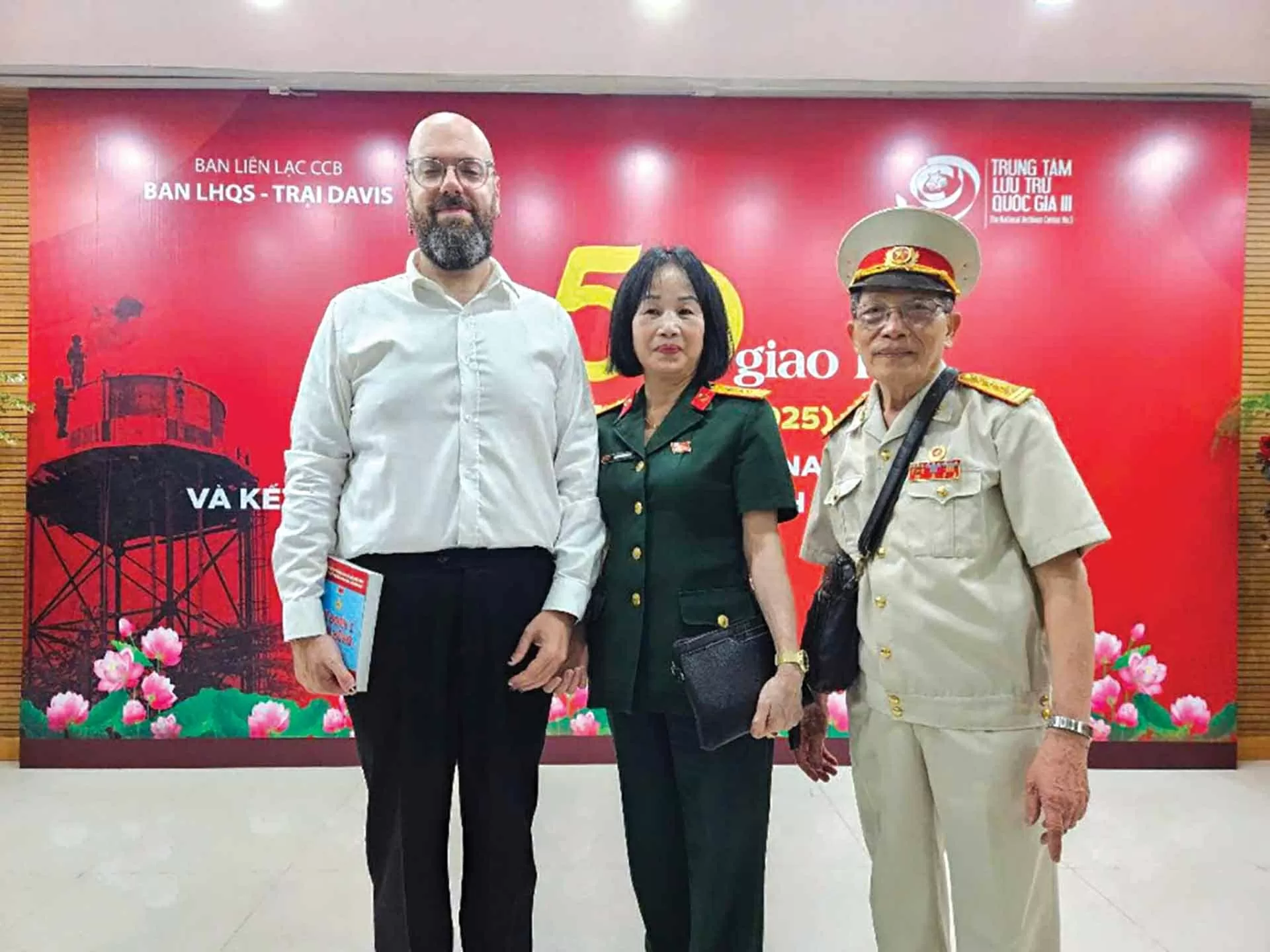 |
| The author (right cover) attended a meeting to celebrate the 50th anniversary of the Liberation of the South and National Reunification Day organized by the Veterans Liaison Committee of the Davis Camp Joint Military Commission, April 20. (TGCC Photo) |
The pinnacle of struggle
The first press conference at Davis Camp was a memorable event, chaired by comrade Tran Van Tra, Head of the military delegation of the CPCMLTCHMNVN. He answered all questions from international reporters frankly, demonstrating the courage and deep understanding of a revolutionary commander. When asked about the implementation of the Paris Agreement, he affirmed: “Since the Agreement took effect at 8:00 a.m. on January 28, 1973, there has never been a moment of silence in the South. The US and the Saigon government have continuously violated, bombed, encroached, and sabotaged the implementation of the Agreement.”
During its time at Camp Davis, the revolutionary press fought not only with reason and argument but also through cultural and artistic forms. Performances right in the heart of the enemy by shock art teams were both a “spiritual medicine” for cadres and soldiers and a strong psychological blow to the enemy. Revolutionary songs sounded like a heroic declaration, causing the enemy to be confused and afraid.
At another press conference, after the professional exchange, comrade Vo Dong Giang, Deputy Head of Group B, invited journalists to enjoy a cultural program performed by revolutionary cadres and artists. The combination of political propaganda and artistic performance left a deep impression on international journalists, helping them to intuitively feel the fighting spirit, the desire for peace and the cultural strength of the Vietnamese revolution.
In particular, the final press conference on April 26, 1975 was the peak of the ideological struggle at Davis Camp. Colonel Vo Dong Giang, on behalf of the delegation, announced nine conditions for the US and seven conditions for the Saigon government - essentially an ultimatum, demonstrating the resolute stance and overwhelming initiative of the revolution. The atmosphere in the hall was tense, every word was carefully recorded by reporters. At exactly 5:00 p.m. the same day, the Ho Chi Minh Campaign Command gave the order to open fire, opening the historic campaign - the Ho Chi Minh Campaign.
* * *
The "Press Front and Public Opinion Struggle" of the Military Delegation of the CPCMLTCHMNVN contributed to the final victory on April 30, 1975.
Along with other activities, our two revolutionary military delegations in the Four-Party Joint Military Commission and the Central Two-Party Joint Military Commission have exceptionally successfully completed their tasks in implementing the Paris Agreement and contributed to the historic victory of liberating the South and unifying the country, worthy of the name: "The sixth attack of the Ho Chi Minh campaign", as Lieutenant General Tran Van Tra, then Deputy Commander of the Campaign, announced on May 2, 1975.
(*) Standing Member of the Veterans Liaison Committee of the Joint Military Committee of Camp Davis
Source: https://baoquocte.vn/mat-tran-bao-chi-va-dau-tranh-du-luan-thoi-khang-chien-318375.html


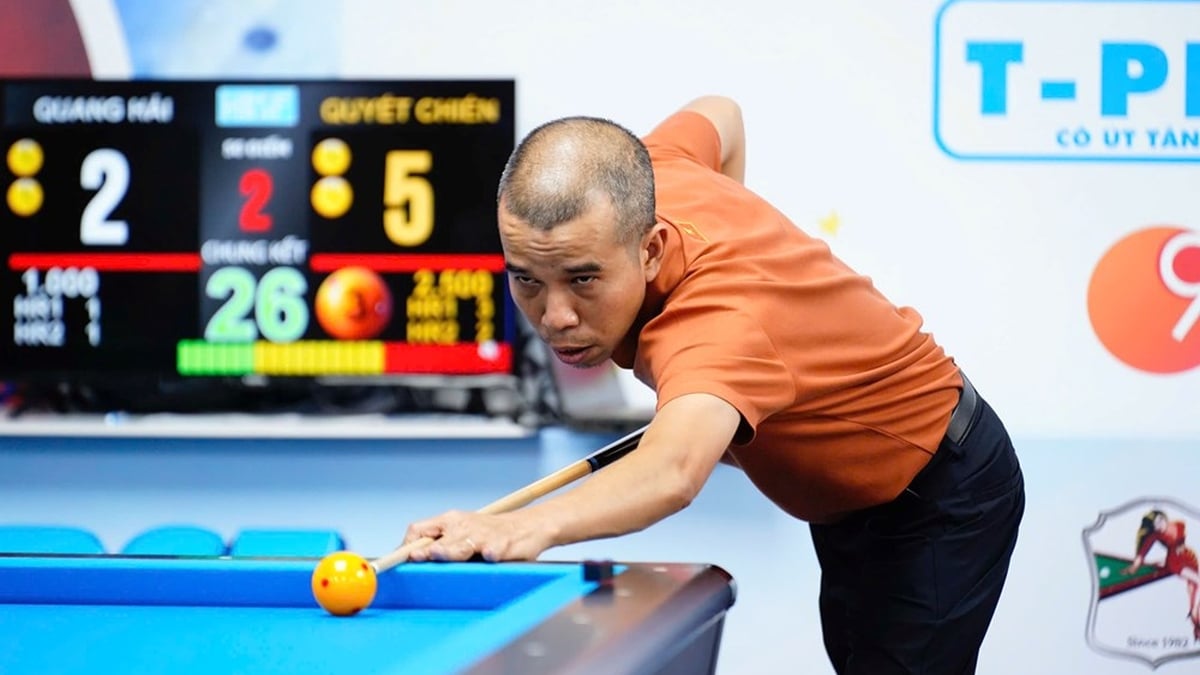
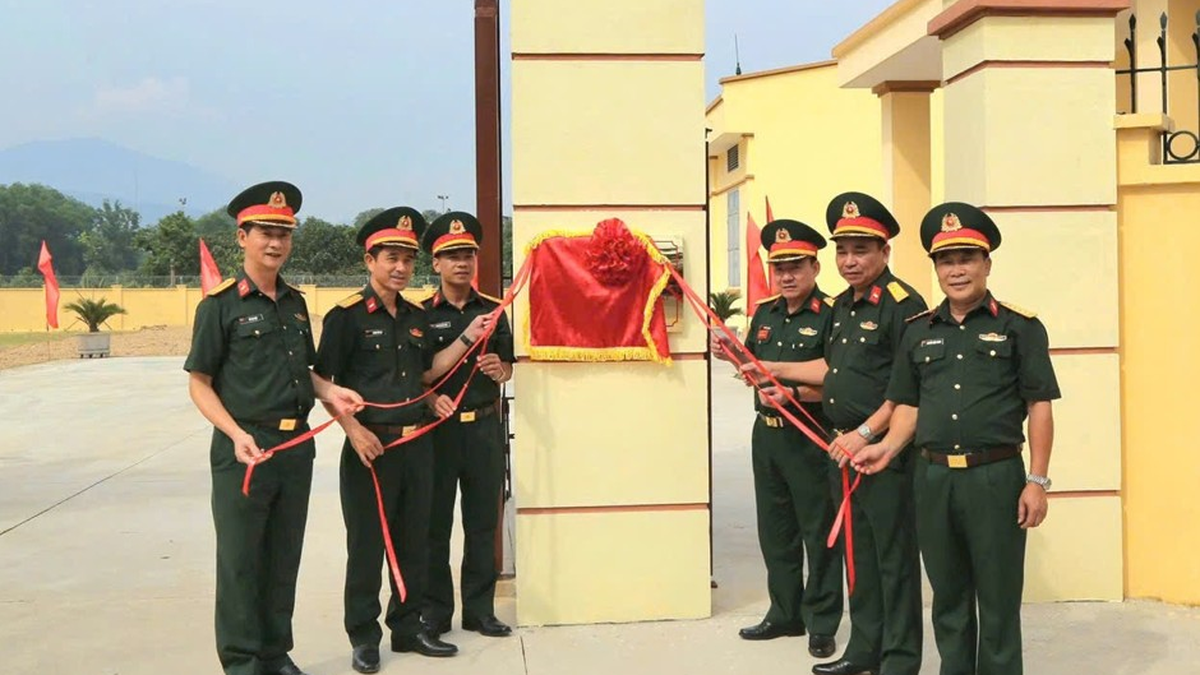
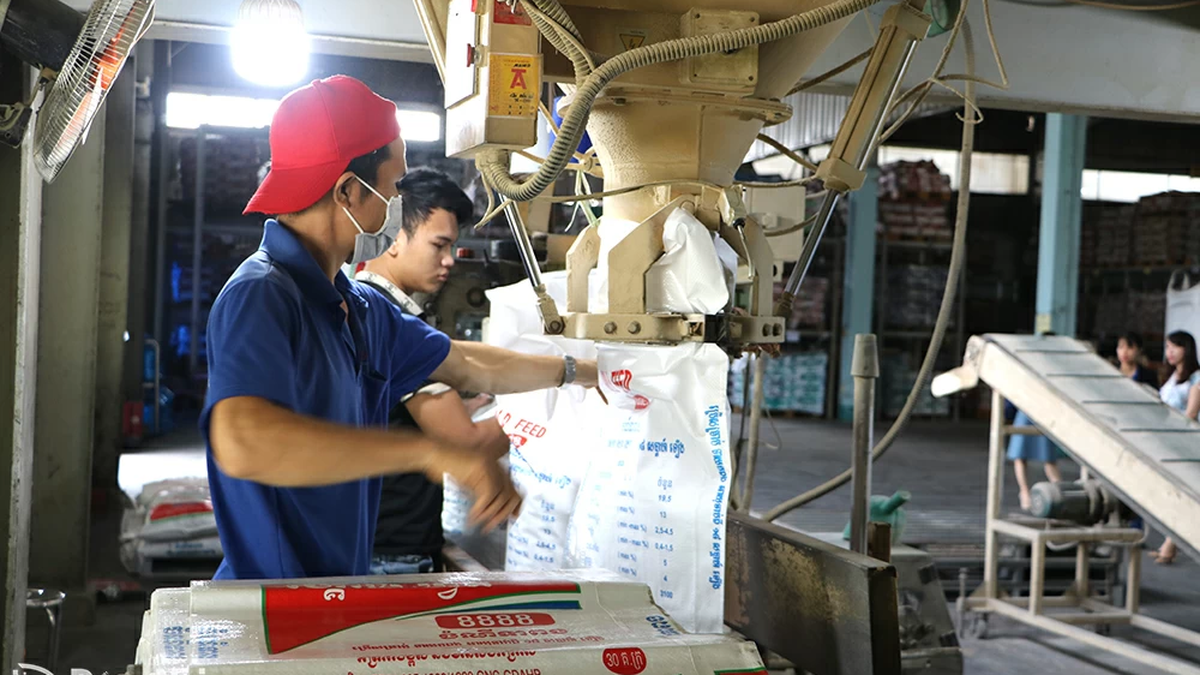

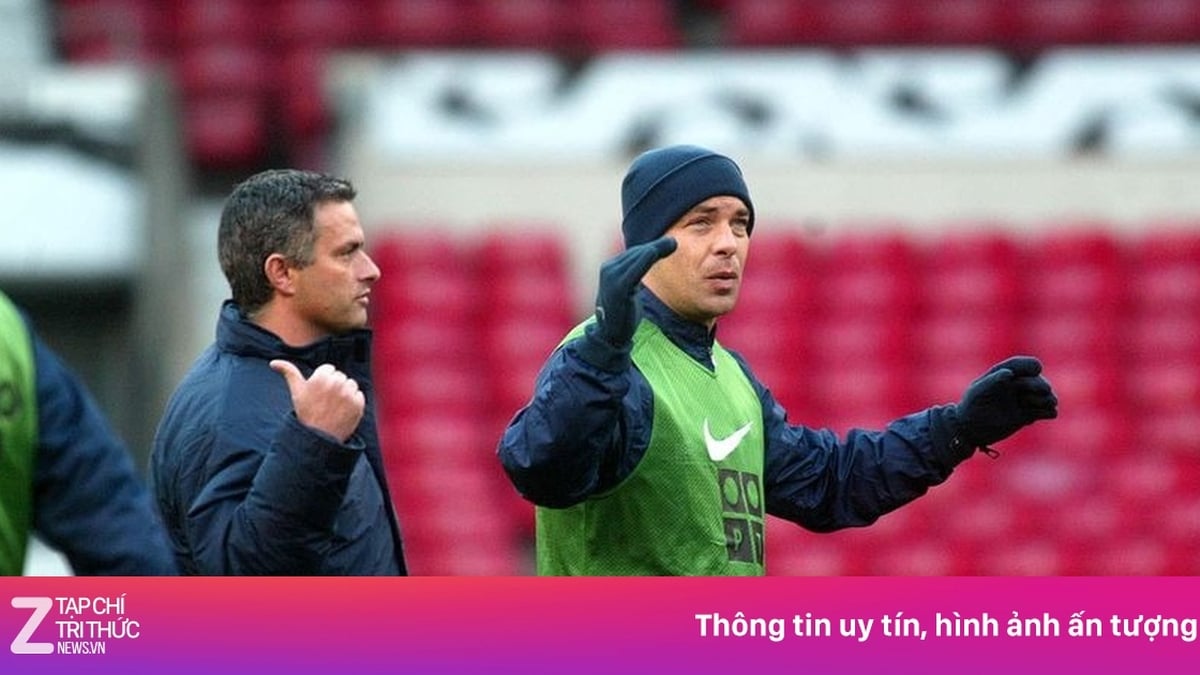
![[Photo] Nghe An: Provincial Road 543D seriously eroded due to floods](https://vphoto.vietnam.vn/thumb/1200x675/vietnam/resource/IMAGE/2025/8/5/5759d3837c26428799f6d929fa274493)

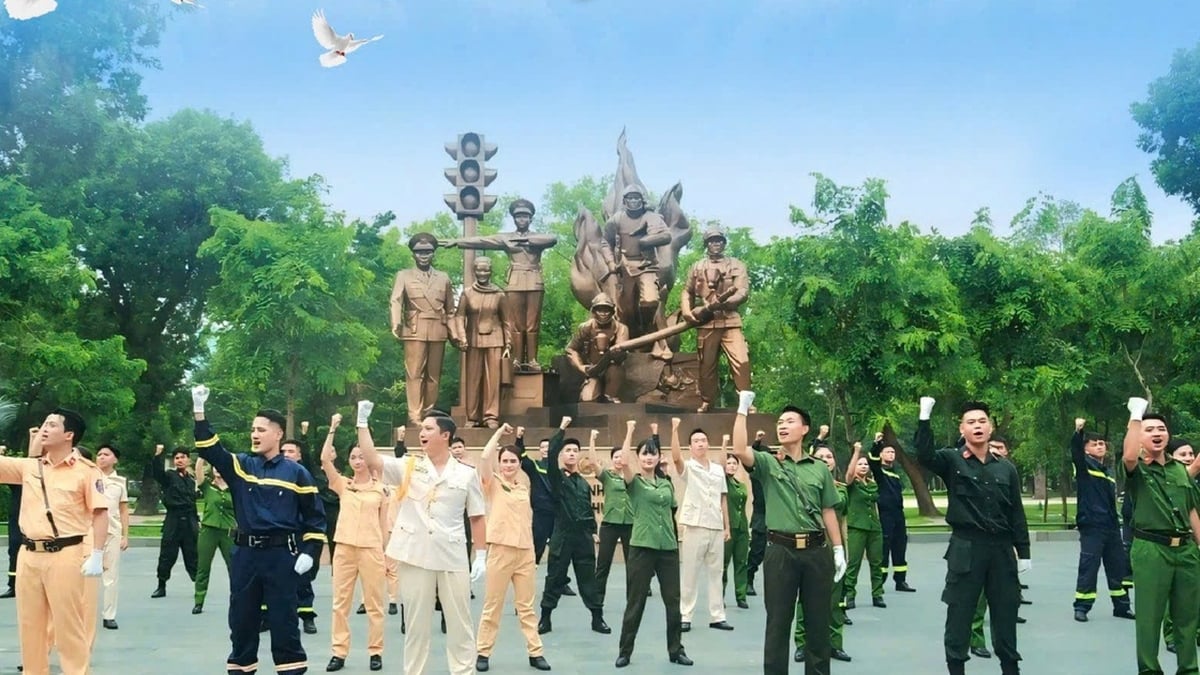
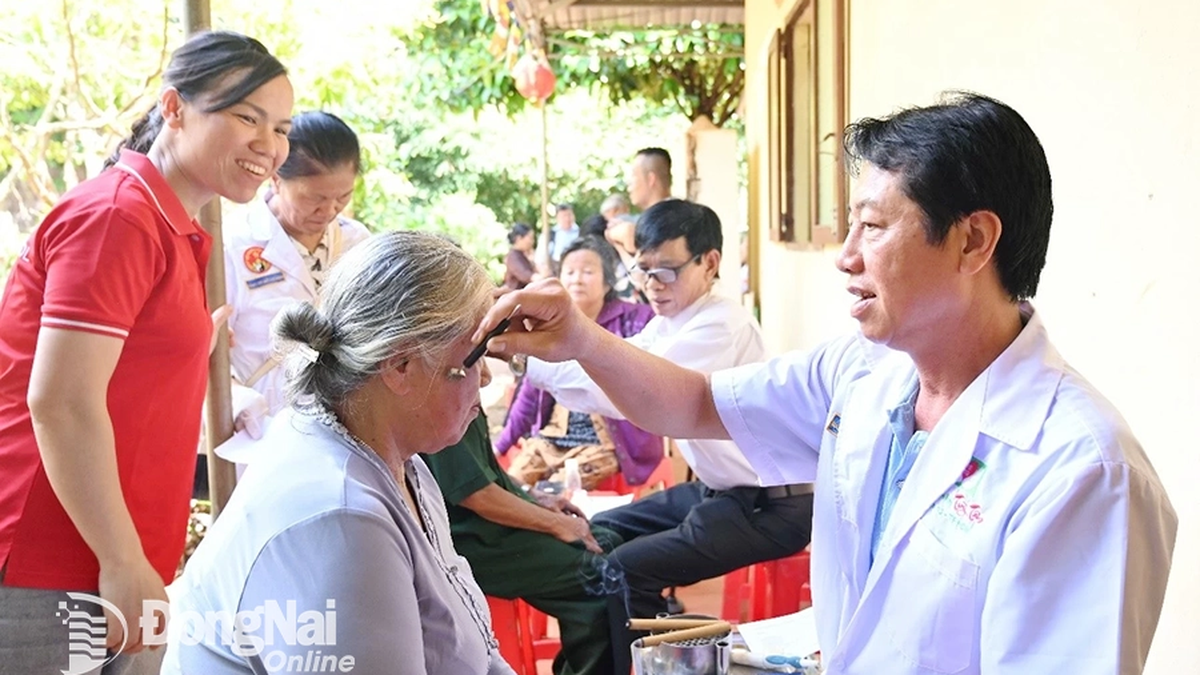












































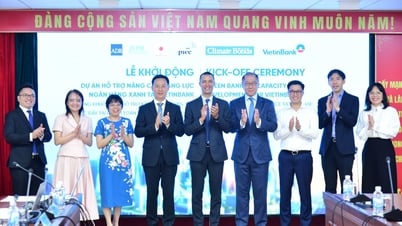




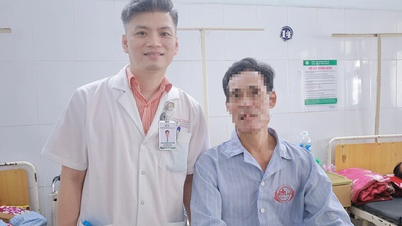
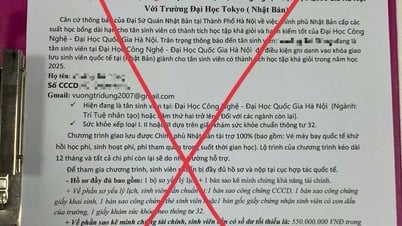
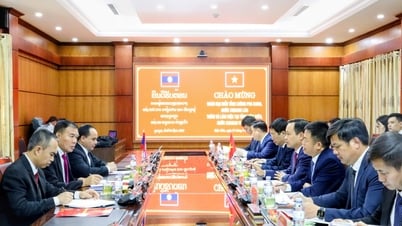

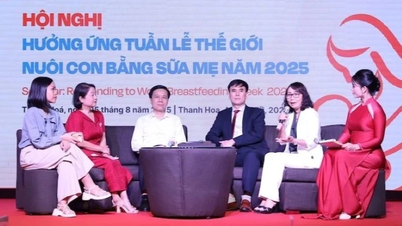
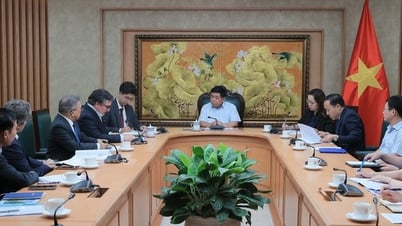


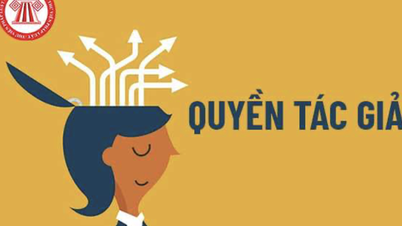

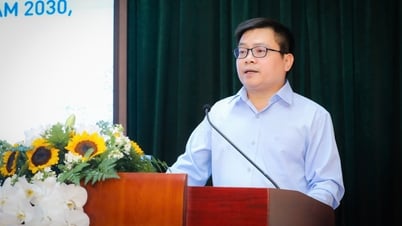

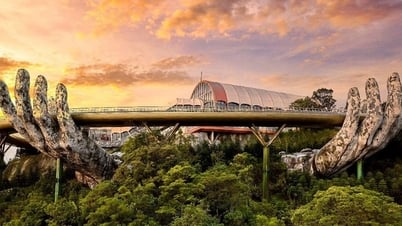
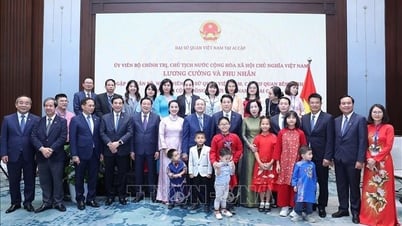

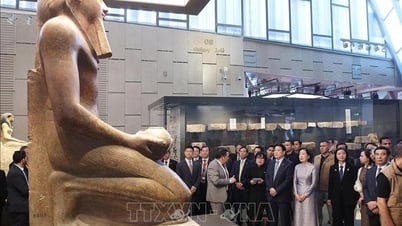
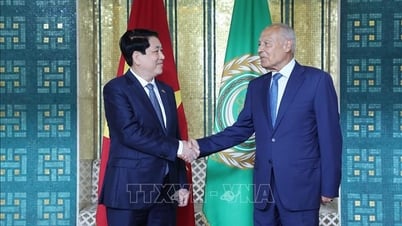




















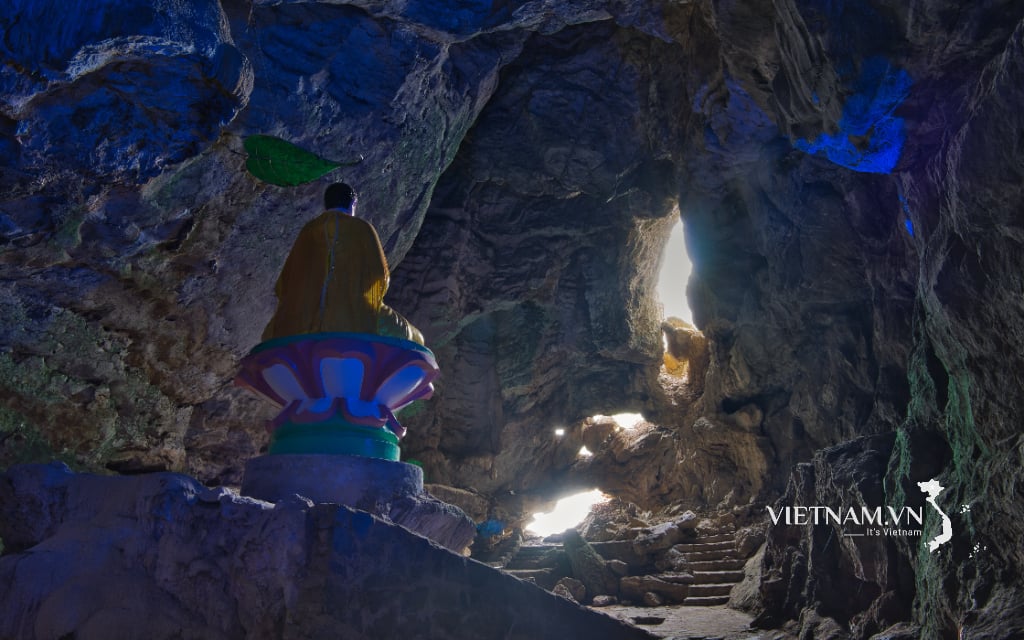
Comment (0)